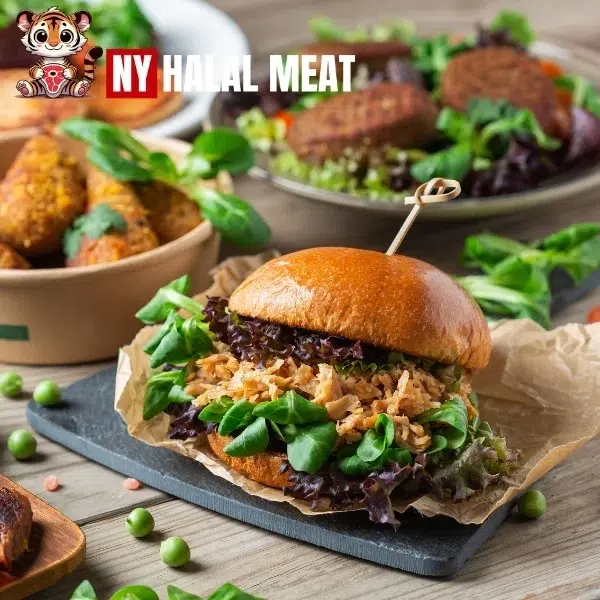Sustainable Meat Choices: A Simple Guide to Making Better Decisions
What Does Sustainable Meat Mean?
Sustainable meat comes from farming practices that:
- Care for the Environment: Farms use methods that reduce greenhouse gas emissions, conserve water, and improve soil health.
- Support Animal Welfare: Animals are raised in humane conditions, with access to space, clean water, and natural diets.
- Ensure Long-Term Food Security: By using resources responsibly, sustainable farming helps preserve the environment for future generations.
Why Does It Matter?
Choosing sustainable meat has several important benefits:
- Environmental Benefits: Sustainable practices help minimize deforestation, water pollution, and carbon emissions caused by conventional meat production.
- Better for Animals: Supporting farms that prioritize animal welfare ensures ethical treatment.
- Healthier for You: Meat from sustainable farms often has fewer additives, antibiotics, and hormones, offering a cleaner, healthier product.
Types of Sustainable Meat to Look For
- Grass-Fed Beef: Cows raised on pastures produce meat that is better for the environment and often richer in nutrients.
- Organic Meat: Farms avoid synthetic chemicals, making organic meat a safer choice.
- Free-Range Poultry: Chickens and turkeys that roam freely are healthier and taste better.
- Regeneratively Raised Meat: This method actively restores soil health and reduces carbon emissions.
How to Identify Sustainable Meat
Here are some ways to ensure you’re buying sustainable meat:
- Check Certifications: Look for labels like USDA Organic, Certified Humane, or Animal Welfare Approved.
- Ask Questions: Talk to local farmers or butchers to learn about their farming practices.
- Research Brands: Many companies now share information about their sustainability efforts online.
Practical Tips for Choosing Sustainable Meat
- Buy Local: Supporting nearby farms reduces the carbon footprint of transporting meat long distances.
- Plan Thoughtfully: Use every part of the meat you buy to avoid waste.
- Have Meatless Days: Reducing overall meat consumption is one of the simplest ways to lower your environmental impact.
- Explore Alternatives: Consider trying plant-based proteins or meat substitutes for a change.
The Bigger Picture

Sustainable meat choices go beyond individual meals. By choosing responsibly produced meat, you’re supporting a healthier planet, fairer treatment of animals, and better food quality. Small changes in what you buy and how you eat can make a meaningful difference.



[…] Farm-to-Table Halal Meat Delivery […]
[…] Future of Lab-Grown Halal Meat in […]